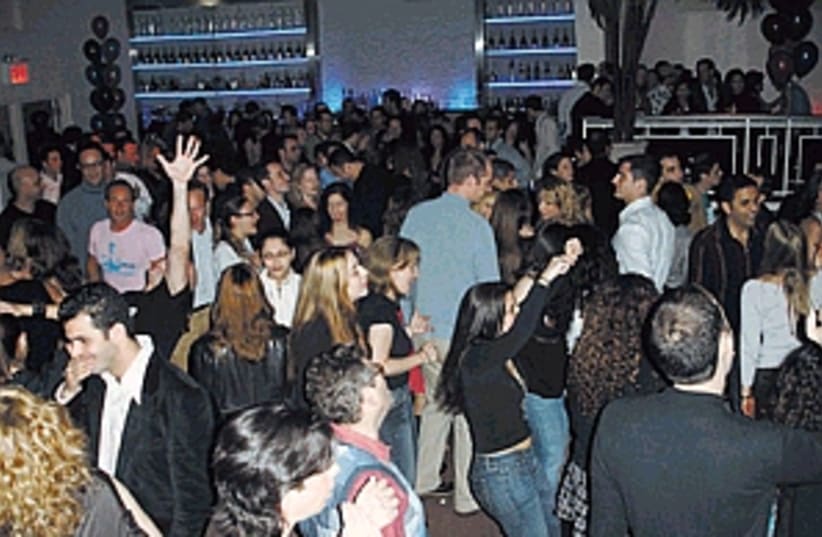| More about: | Manhattan, Sex and the City, California, Europe |
NY group invites Israelis to the dance floor
Dor Hadash uses social and cultural events to bring together Israelis in the US and American Jews.


| More about: | Manhattan, Sex and the City, California, Europe |